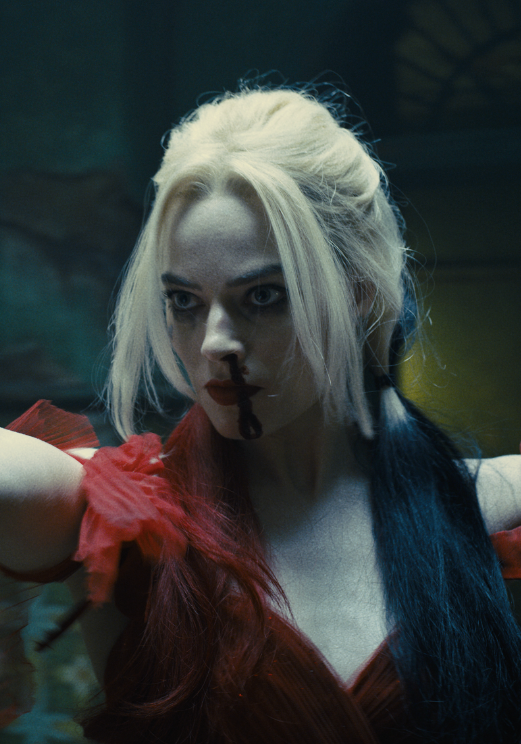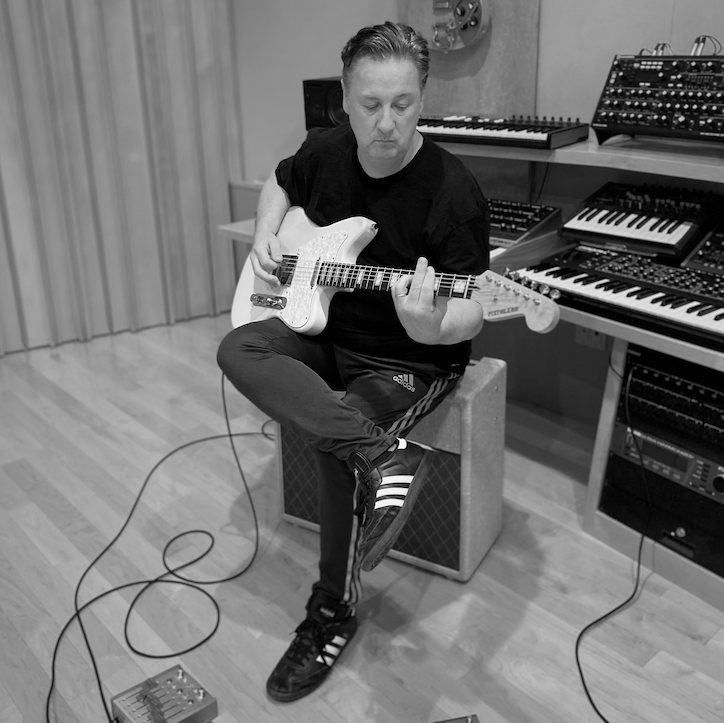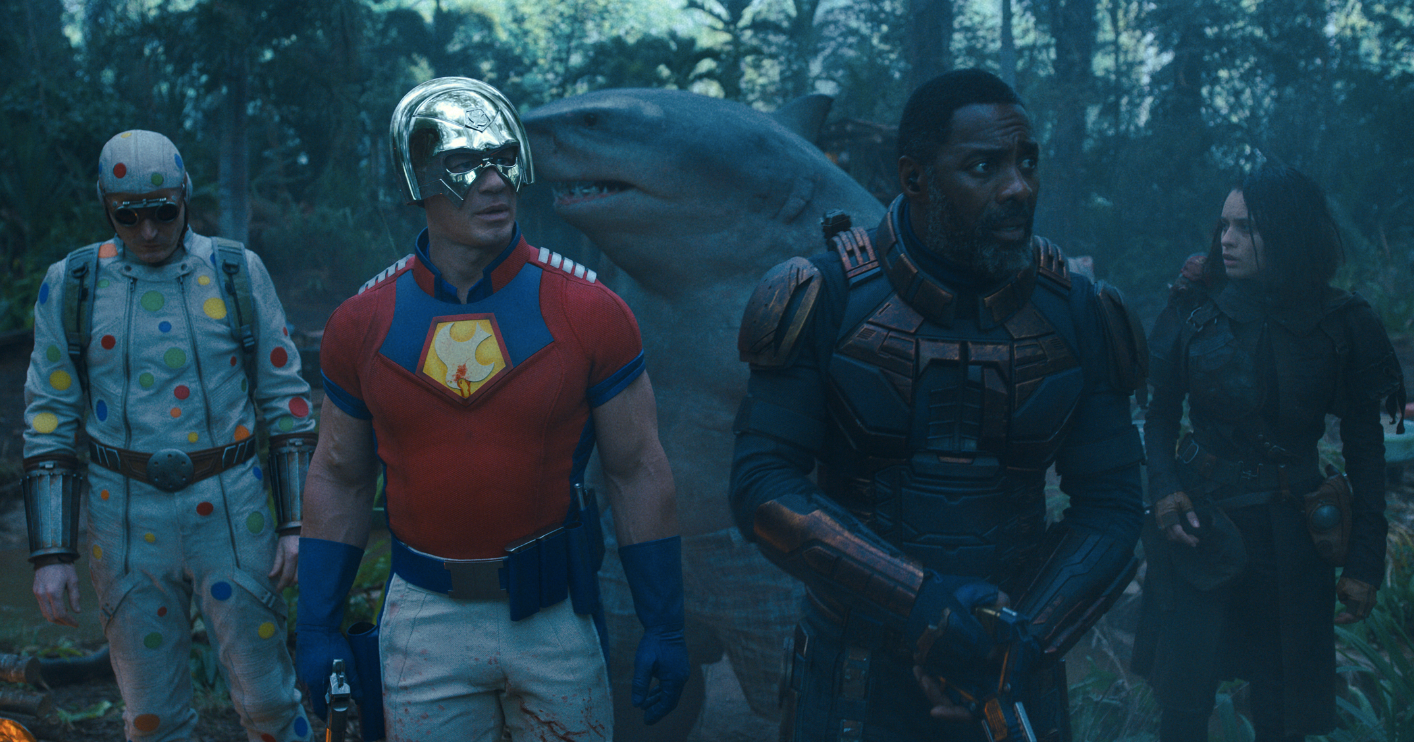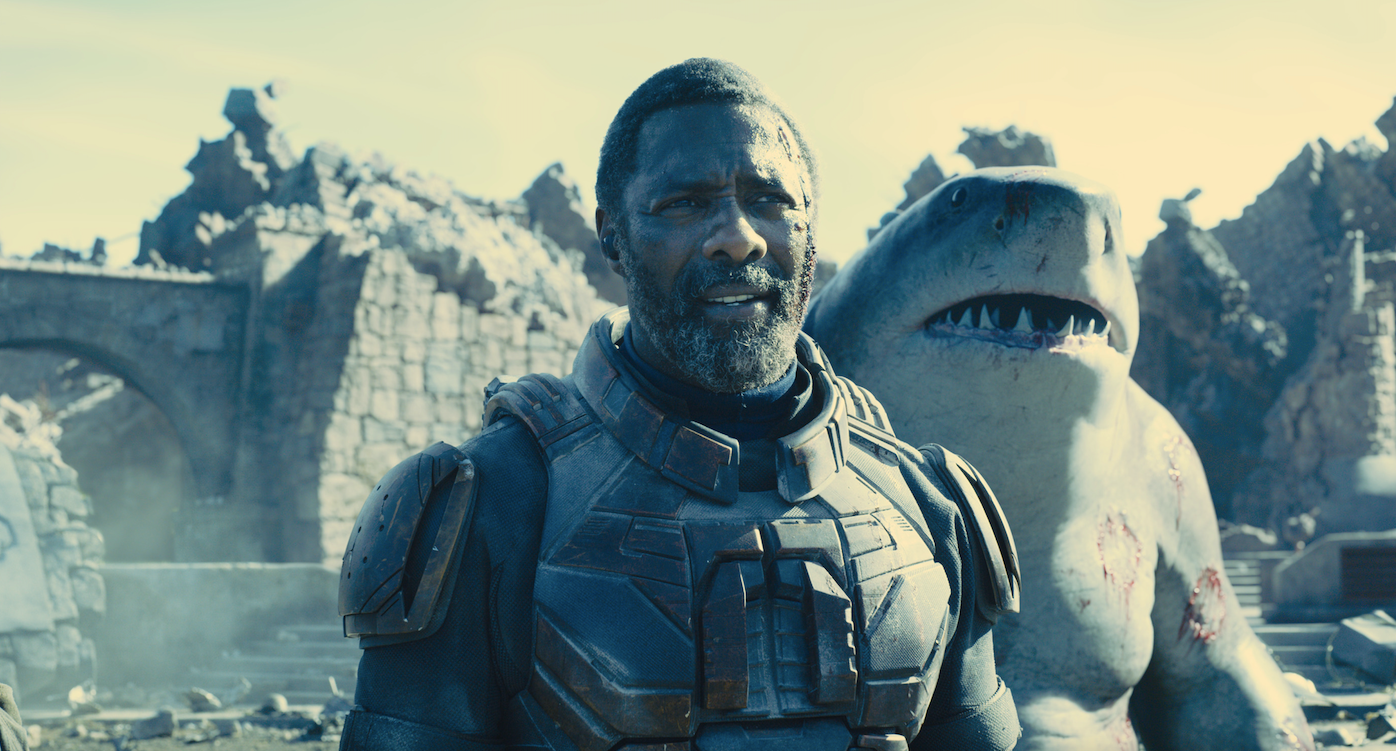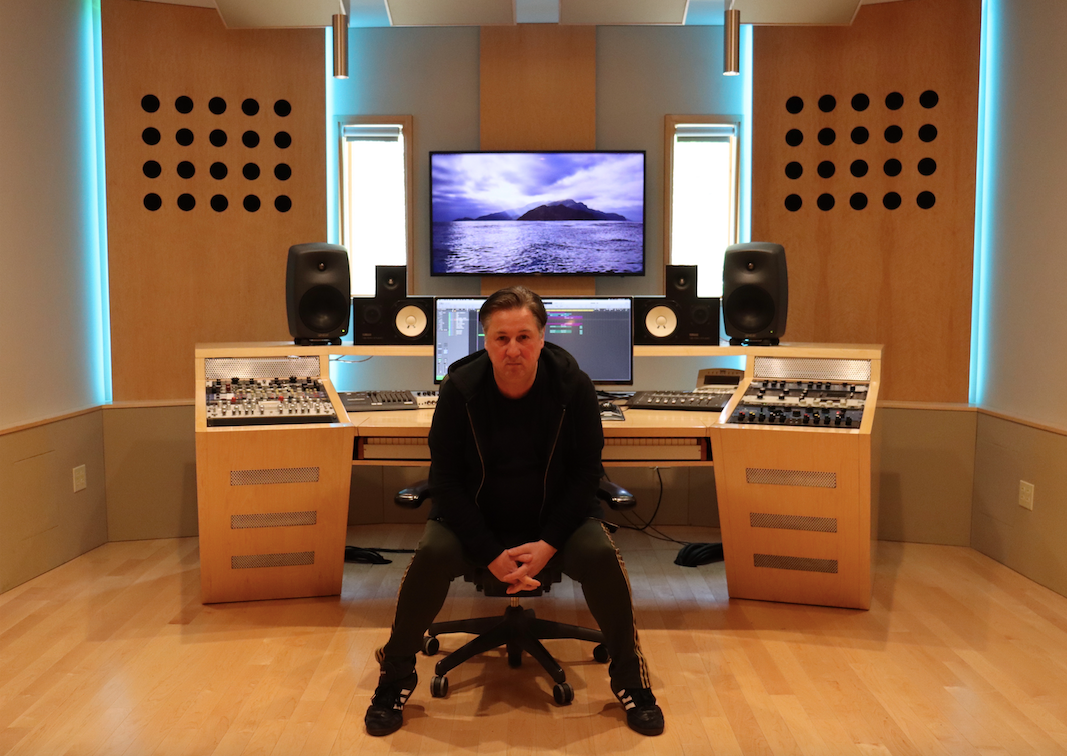Before zombie films were all the rage, John Murphy was approached to score an indie movie that Danny Boyle was convinced no one would watch. 28 Days Later grossed more than $82.7 million worldwide, making it one of the most profitable horror films of 2002. The Liverpudlian composer (whose credits include Kick-Ass, Lock Stock and Two Smoking Barrels and Snatch) reveals how the film’s low expectations were a blessing in disguise, and how he was given free rein for this year’s highly anticipated The Suicide Squad.
What are your memories of scoring 28 Days Later?
It's so weird how that movie happened, because nobody thought it was going to be a big film. I remember Danny Boyle ringing me up and saying, 'I want to do this zombie horror movie, but I'm not sure that anyone's going to want to see it’. So he said that meant we could do whatever we wanted! We never saw it as a zombie film; we saw it as an apocalyptic road movie.
I know you had all the infected wandering around looking like zombies, but they weren't really zombies – it was what happens when you strip away that semblance of what we think is civilization and go back to the primal roots. They were still human to us, and I thought one of the ways we can really separate this from it feeling like a zombie film is with the music, so I suggested that we should try to avoid having big, scary music in the scenes where there was violence.
With the most aggressive, violent stuff, we tried not to have music there, and then all the moments where you would never usually have music in a zombie film – that's where we get to the humanity, and that’s where we used the music.
